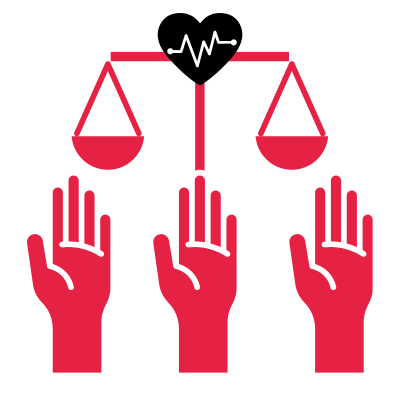Whole Person Care Means Whole System Care
Keywords:
whole person care, Medicaid Funding, intellectual disability and mental illness, intellectual disability, autismAbstract
The consequences of health inequity are widespread, affecting not only individuals with special needs but also burdening families and communities with emotional, financial, and social hardships. This perpetuates a cycle of disadvantage, hindering access to education, employment, and social inclusion. Achieving health equity necessitates societal commitment to compassion, justice, and human rights. By challenging norms, collaborating, and addressing underlying causes, progress toward inclusivity and better health for all is attainable.
Boundless, a provider of Intellectual and Developmental Disability (IDD) and Autism Spectrum Disorder (ASD) services, pioneers a whole-person care approach and braided funding model to address this issue. Collaborating across health and social service domains and overcoming siloed funding barriers, Boundless ensures seamless provision of services to individuals qualifying for multiple systems of care. This comprehensive approach also tackles the challenges of coordinating diverse funding streams and fostering a collaborative culture. The model's scalability hinges on tailored programming, employee satisfaction through professional growth, and preparation for future value-based payment models, ultimately striving for higher service quality.
Downloads
Published
How to Cite
Issue
Section
Categories
License
Copyright (c) 2023 Christopher Wolf (Author)

This work is licensed under a Creative Commons Attribution-NonCommercial-NoDerivatives 4.0 International License.
The Social Innovations Journal permits the Creative Commons License:
CC Attribution-NonCommercial-NoDerivatives 4.0
Under the following terms:
-
Attribution — You must give appropriate credit, provide a link to the license, and indicate if changes were made. You may do so in any reasonable manner, but not in any way that suggests the licensor endorses you or your use.
-
NonCommercial — You may not use the material for commercial purposes.
-
NoDerivatives — If you remix, transform, or build upon the material, you may not distribute the modified material.
- No additional restrictions — You may not apply legal terms or technological measures that legally restrict others from doing anything the license permits.
Notices:
- You do not have to comply with the license for elements of the material in the public domain or where your use is permitted by an applicable exception or limitation.
- No warranties are given. The license may not give you all of the permissions necessary for your intended use. For example, other rights such as publicity, privacy, or moral rights may limit how you use the material
Copyright and Publishing Rights
For the licenses indicated above, authors retain the copyright and full publishing rights without restrictions.





